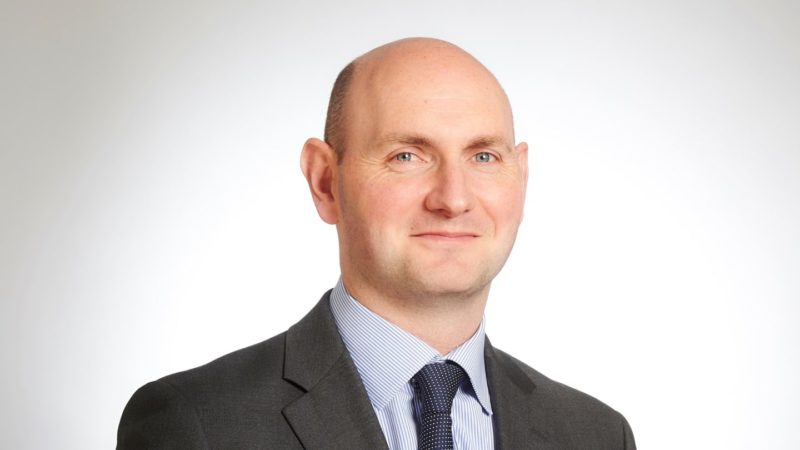Global equity funds have fallen out of favour with the Evelyn Partners Core Managed Portfolio Service team, which has pivoted to country and sector specific funds in its recent re-balance.
Among the casualties is Terry Smith’s £22.7bn flagship fund, which weighed in at £26.1bn at the start of 2022. Year-to-date, the fund is down 17.8%.
It was also subject to an FCA-mandated skilled person review – for which Portfolio Adviser revealed it received a clean bill of health.
Also fully exited were positions in the $1.4bn Brown Advisory Global Leaders and £2.4bn Fidelity Emerging Markets funds, the latter of which is down 23.6% over one year and 22.1% over six months, according to Trustnet.
In a move unaffiliated with the pivot away from global equity strategies, Evelyn Partners also exited a position in UK-focused Liontrust Special Situations.
James Burns (pictured), lead manager of the Evelyn Partners Core MPS, said: “By using country specific funds we are able to closer reflect our in-house tactical asset allocation guidance which is cautious on US equities.
“Interestingly, the global funds exited were also some of our more expensive ones and replacing them has helped bring down the overall ongoing charges figures (OCF) in the models, alongside the addition of three additional passive funds.”
The OCF has been reduced by 16 basis points on average across the range, the company said.
Liontrust out and Baillie Gifford bolstered
The proceeds from the various divestments have been added to existing positions in funds including Baillie Gifford Japanese, Stewart Investors Asia Pacific Sustainability Leaders and iShares Core FTSE 100.
New positions have been added in Premier Miton UK Multi Cap Income and Federated Hermes Global Emerging Markets, as well as Ninety One UK Alpha.
The Core MPS team said: “While reducing overall exposure to global equity funds, which typically have a majority of their exposure to US equities, the team has retained its holdings in iShares Edge MSCI World Quality Factor ETF in the Defensive Model and the TM Evenlode Global Income fund in the two income models.”
Additional changes to the team’s absolute return holdings saw Janus Henderson UK Absolute Return and Trojan Fund exited, while NB Uncorrelated Strategies and Fulcrum Diversified Absolute Return were introduced.
Commenting on the moves Burns added: “Janus Henderson UK Absolute Return and the Trojan Fund are perfectly good funds but are essentially net long equity and so may not protect capital as well as other options if there is a prolonged period of market declines.
“I am not looking for the allocation to Absolute Return exposure to shoot the lights out, but I do want it to offer diversification at a time when the outlook for both equities and bonds is a little uncertain.
“Both NB and Fulcrum have proved their credentials this year and if they can provide mid-single digit returns each year for the next few years, I believe they will have fully justified their position in the models.”
Low-cost funds
The Core models also now feature nine ETFs. Three new passive funds have been added to the models: Vanguard US Equity (OCF 6bps), Vanguard FTSE Developed Europe ex UK (OCF 10bps) and HSBC MSCI AC Far East ex Japan (OCF 45bps).
Burns said: “It’s worth highlighting Vanguard US Equity where we have recently been given access to this very cheap share class. This demonstrates one of the benefits of the Smith & Williamson/Tilney merger, which created Evelyn Partners, in that our purchasing power is getting us access to certain classes that not everyone else can and this is a direct benefit for financial advisers and their clients who choose us as their investment manager.
“This can also be seen with Ninety One UK Alpha where last year we were given access to the K class that comes with an OCF of just 48bps, which is very low cost for an actively managed equity fund.”
“While the latest changes were driven by investment views, the combined impact of removing some of the higher fee global funds, introducing three additional passive funds and our strengthened buying power has had a significant effect in term of reducing ongoing costs.
“Since May, ongoing costs on the portfolios have reduced by 27% in total, with the average OCF falling from 0.58% to 0.42%.”







